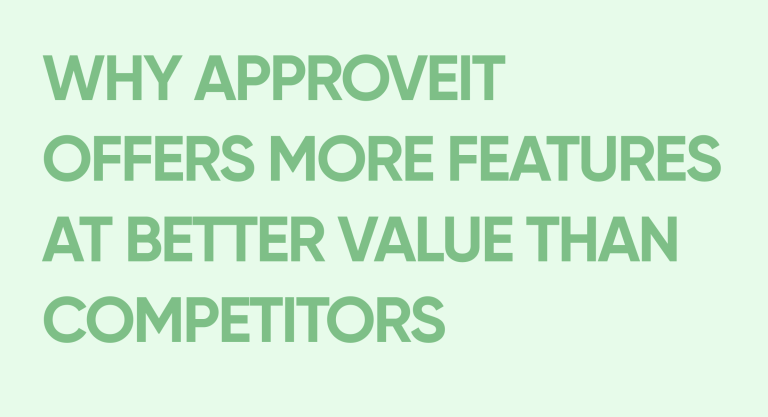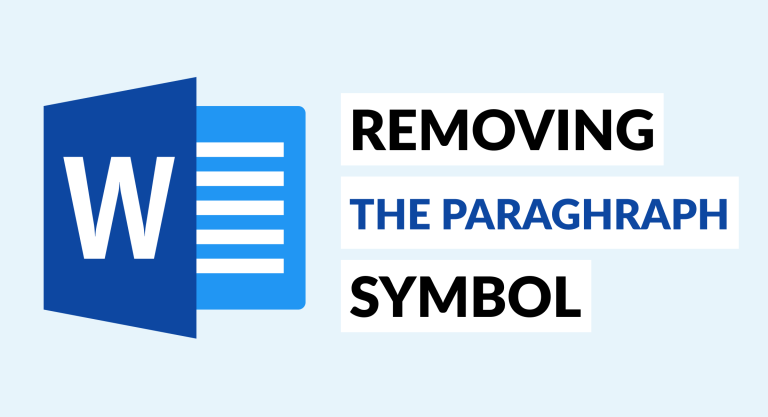
Supplier Relationship Management (SRM): What You Need to Know
- Procurement
- 5 min read
In the ever-evolving world of business, building and maintaining strong supplier relationships is what keeps you on top.
If you’re wondering what Supplier Relationship Management (SRM) is all about, and how it can positively impact your revenue, let’s dive into this to explore best practices, and highlight on common pitfalls businesses should avoid.
The ABCs of SRM
Before we start, the definition:
Supplier Relationship Management (SRM) is the disciplined and strategic practice of managing interactions and partnerships with your suppliers to achieve mutually beneficial goals.
Let’s break down what it means in plain English.
Think of it as the art of nurturing a flourishing garden. Imagine your suppliers as the seeds, and your business as the fertile ground. SRM is the process of tending to these seeds, helping them grow into reliable partners.
The Essence of SRM
SRM involves not just the act of buying products or services, but cultivating strategic alliances. It goes beyond transactions; it’s about fostering collaborations that benefit both parties. A successful SRM strategy can lead to cost savings, increased efficiency, reduced risks, and innovation.
The goal of SRM is to present you as the most trustworthy and desirable partner for business collaboration, to make existing partnerships drive more revenue, and to make new partnerships easier to achieve.
After making a deal with you your supplier has to come out happy and excited, with a feeling they’ve gained something valuable, and it’s up to you.
One should always remember though, that in the end, we’re not dealing with soulless companies – we’re dealing with people. So, however great the strategy is, what really matters is simple human relationships. But let’s not get ahead of ourselves.
Best Practices in Supplier Relationship Management
Now, some tried-and-true practices that can make your SRM efforts a success:
1. Communication is Key
Like in any good relationship, open and honest communication makes the world of difference in SRM.
Keeping your suppliers in the loop about your goals, challenges, and expectations will create the atmosphere of trust and mutual support and encourage your suppliers to share their own plans and concerns openly.
The more you understand each other, the stronger your partnership will become.
Remember that while you’re building business relationships, it still comes down to your managers to actually communicate with your suppliers. It’s just two humans talking.
And simple human things start being of importance here – personality, sense of humor, honesty, flexibility.
Your SRM managers should not only act in line with your corporate policies but be able to cultivate close to friendly relationships with your supplier’s managers.

2. Set Clear Expectations
Define your expectations from the get-go.
This includes quality standards, delivery schedules, cancellation policies, pricing, and any other aspects you personally find important. Overcommunicate the most essential details of your contract and make sure your supplier understands and accepts them with their eyes open.
Clarity in these matters displays you as a trustworthy and honest partner.
3. Performance Metrics
Establish key performance indicators (KPIs) to evaluate supplier performance. These metrics create accountability and provide insights for improvement. It may easily turn out that one of your frequent subcontractors is losing you money!
4. Diversify Your Supplier Pool
Basically it’s “don’t put all your eggs in one basket”.
Consider diversifying your supplier base to reduce dependency on one source. It also creates a competitive environment that can improve service and pricing.
5. Innovate Together
Collaborate on innovation. Your suppliers often have valuable insights and ideas that can drive your business forward. Encourage creativity and co-create solutions.

Common Mistakes to Avoid
While the path to successful SRM is paved with best practices, it’s also essential to steer clear of common pitfalls:
1. Neglecting Relationship Building
Many businesses focus solely on the transaction and overlook the relationship aspect. Don’t treat your suppliers as robots; treat them as partners. Neglecting this can lead to missed opportunities.
2. Overlooking Risk Management
Sometimes, businesses fail to identify and mitigate risks in the supplier relationship. Economic, political, and logistical risks can all impact your supply chain. An effective SRM strategy includes risk assessments and mitigation plans. A great example was made by European businesses who’d lost their Eastern partners due to the horrible events in the Ukraine.
Risk management is what helped some of them stay afloat even though the market was changing dramatically while others have relied too much on a single source and lost their revenue and competitive edge as a result.
Vendor pre-approval is essential before you engage in any contractual relationships. It’s one of Approveit‘s primary use cases.
3. Inflexibility
Being too rigid in your demands and expectations can hinder a healthy supplier relationship. Flexibility is crucial, especially in dynamic markets. Being willing to adjust and adapt can strengthen your partnership.
4. Ignoring Small Suppliers
While larger suppliers might seem like the obvious choice, don’t underestimate the value of smaller ones. They can offer agility, niche expertise, and personalized service that larger suppliers may lack. They also stay loyal to you even as they grow, so nourishing relationships with smaller vendors is profitable as well as strategic.
5. Lack of Continuous Improvement
A common mistake is assuming that once an SRM system is in place, it can be left on autopilot. Continuously evaluate and refine your SRM practices to ensure they stay relevant and effective.
In Conclusion
Supplier Relationship Management is a strategic approach that can transform your business relationships from transactional to collaborative. It’s a process of nurturing, communicating, and growing together with your suppliers. By following best practices and avoiding common mistakes, you can harness the full potential of SRM, reaping the benefits of reduced costs, increased efficiency, and enhanced innovation. Invest a little time and thought into your SRM and watch your supplier partnerships flourish. Your business will thank you for it.
Enjoyed the reading?
Subscribe to our fresh artiles, product updates and news

